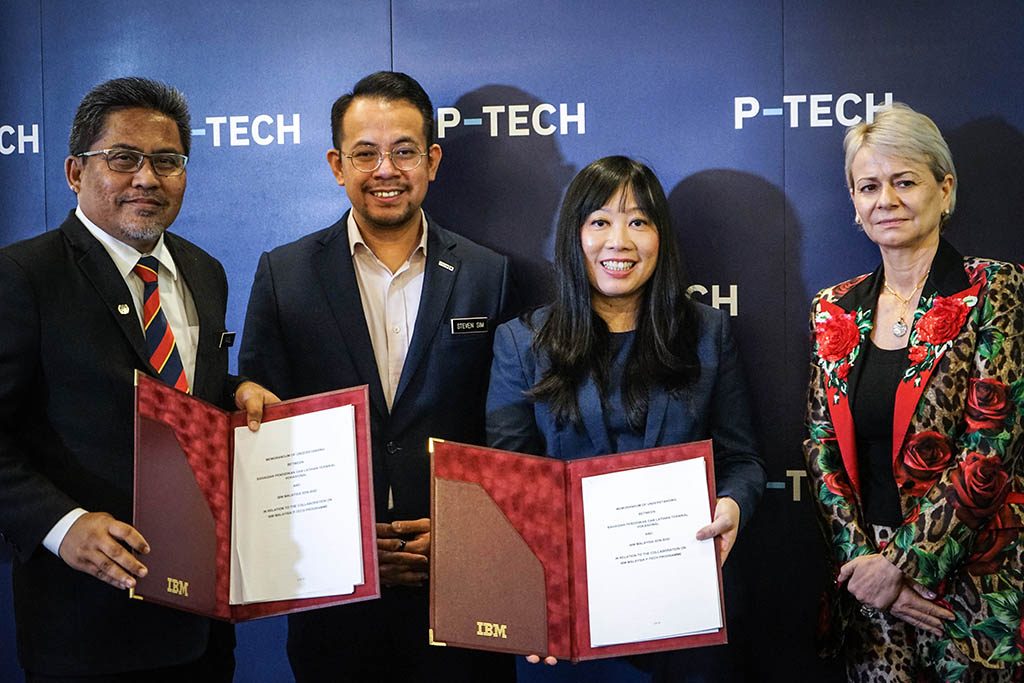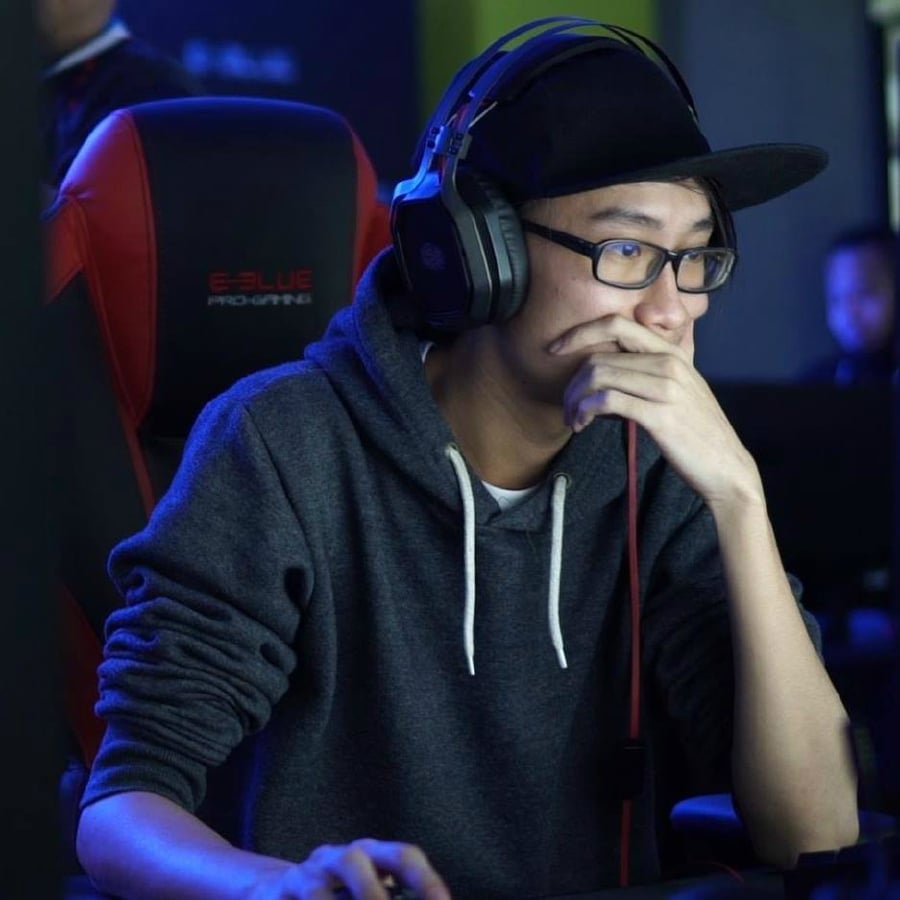GAMING is a beloved pastime for many today. It’s entertaining and engaging as compared with watching television or listening to the radio.
A subset of gaming that has taken the world by storm is eSports. It is still gaming except that it’s hardcore competitive in nature. We have seen eSports grow into a global phenomenon but it doesn’t end there. It is expected to become even bigger in 2018, and here’s why.
RISE OF MOBILE ESPORTS
One of the key factors that is pushing the eSports scene in Malaysia and the rest of the world is Mobile eSports. Typically, the eSports scene will focus on games such as DotA 2, League of Legends and Fifa, but with smartphones becoming more and more powerful, it allows for more complex games to be played on the device.
In fact, we saw a number of mobile eSports tournaments last year such as the Mobile Legends Southeast Asia Cup at Tropicana City Mall, Petaling Jaya with a prize pool of US$10,000 (RM40,000), Season 3 of Vainglory Malaysia League at Cyberjaya, and the Garena Arena of Valor tournament in Kuala Lumpur with a prize pool of RM70,000.
It is true that Mobile eSports has still not cemented its place in the scene but it is the most accessible game to the masses since it just involves the use of a smartphone.
According to former MBT Talon eSports player Keegan “Keegs” Tan, “eSports will definitely grow this year since eSports-oriented games are getting more and more accessible with the advent of mobile games. It acts as a gateway to expose people to eSports.”
With Mobile eSports expected to move forward, it’s not hard to see why this will be a major driving force for the success of the local eSports scene.
GAME-BASED EDUCATION
Another factor contributing to the success of eSports in Malaysia is the establishment of a few eSports and gaming-based education programmes. The first is the year-long Riot Games Student Ambassador Program which is available in 28 universities across Malaysia.
Students work to nurture the growth of League of Legends communities in their respective campuses via tournaments and community events. They will be given a healthy budget to manage that.
Then there’s the Garena Student Alliance programme that aims to empower student gamers to build a thriving gaming community and eSports scene in their respective campuses. It is very similar in nature to the Riot Games programme, and both aim to equip students with real-world skills such as Public Relations and Events Management while exposing them to real world eSports scenarios.
There’s also the Johor-based Academy of eSports. At the moment, two vocational certificate programmes are offered; Professional eSports Athlete and eSports Events Management. Not only will you be educated and trained by experienced eSports professionals, you are also given a certificate at the end of the stint to prove your competency and give yourself a career boost.
BIG MONEY
It is no secret that eSports has the potential to bring in lots of revenue. At Level UP KL 2017, vice president of Malaysia Digital Economy Corp’s Creative Content and Technologies, Hasnul Hadi Samsudin, said Malaysia has recorded earnings of RM1.2 billion in games export alone. This number is expected to increase in the coming years.
Coming from their efforts in the Malaysian eSports scene as of last year, Garena’s partnership manager, Fern Yeap, said: “In Malaysia, there is growing support from commercial brands, the media and government as well as the community. The collaboration between all stakeholders increases exposure and awareness, which in turn expands resources and legitimacy for the local scene.”
She added that Southeast Asia’s current title as the fastest growing region for eSports gives it more opportunities for local eSports to scale both regionally and internationally. “Consultants and industry experts are predicting eSports’ continuous growth for the years to come.” said Yeap.
In simpler terms, there has been an increase in support for eSports which in turn brings in more revenue. This inadvertently will turn eSports into a bigger phenomenon.
SOLIDIFIED PRESENCE
Despite how big it has become, eSports is still largely a growing industry in Malaysia. Stakeholders like MDEC has been pushing for the growth of local eSports industry to put Malaysia as the regional games hub of Southeast Asia under the #MYGAMEON initiative.
In December last year, Youth and Sports Minister Khairy Jamaluddin announced that the National Sports Council will form a special unit to promote the eSports arena in Malaysia. “A new unit at MSN will be set up to look at eSports as it will be featured at the 2022 Asian Games. eSports has already been recognised as a sport by The Olympic Council of Asia and we cannot be left behind in training our athletes,” said Khairy.
While not much is known about the formation of the eSports unit, it will definitely be a game changer as far as eSports is concerned.
Professional gamer Ashley “Vause” Foo from the M8 Tempest eSports team feels that the formation of the eSports unit will “help in changing public perception of eSports.
“ It will promote healthy gaming habits, such as eSports centres closing by midnight, which is currently being practised by The Pantheon eSports Centre, which will then increase society’s acceptance, and eventually, turn Malaysia into a major eSports tourist destination.”
CONCLUSION
With commitments shown by the major stakeholders including government agencies, we can expect eSports to grow bigger. We also have a diverse talent pool that is competitive enough in the global stage, to do the country proud.
In fact, Malaysia created history at DotA 2 – The International 2017 when a team was placed third at the event, earning more than US$2.6 million prize money. That is a testament to how capable we are in the eSports scene.
With growing popularity and booming revenue potential, it’s game on for the local eSports industry.
Source: https://www.nst.com.my/lifestyle/bots/2018/01/322931/rosy-future-mobile-esports
By Aiman Maulana – January 8, 2018 @ 1:30pm
Comment: There is an effort to develop eSports NOSS, so for those who are in the industry who plan to set up an academy and offer a nationally recognised certificate (Sijil Kemahiran Malaysia – SKM) in eSports, be prepared for it.


 The most accessible game to the masses, it promises to also be a money-spinner.
The most accessible game to the masses, it promises to also be a money-spinner.